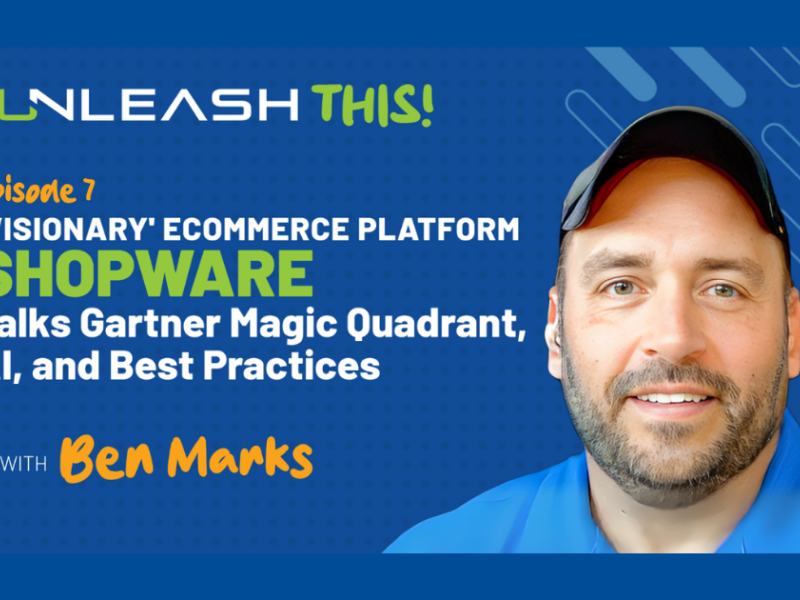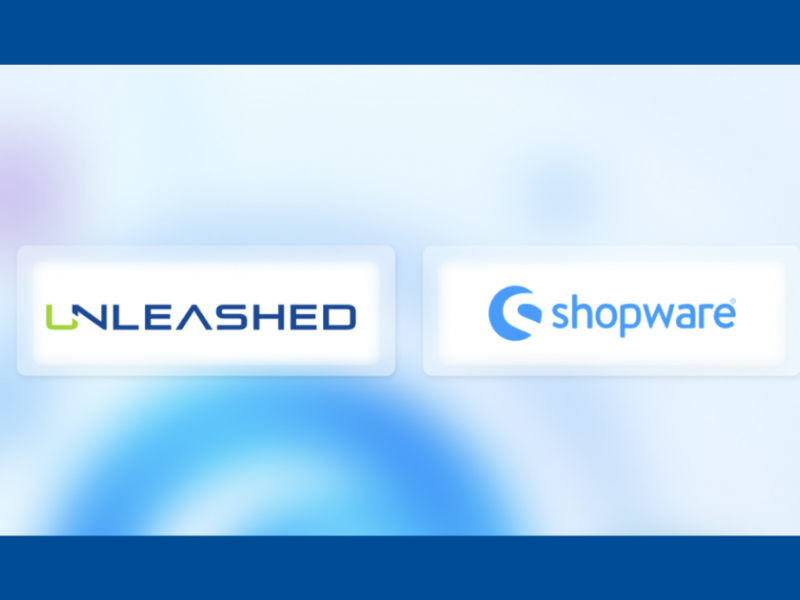An Introduction to Symfony
Introducing Symfony
Symfony is a modern, enterprise-level web application framework that utilizes the latest web technologies. Its highly-decoupled nature provides exceptional performance while allowing full customization of virtually every aspect of the system. Symfony sets itself apart with its strong architecture, large community, developer tools, and limitless extensibility.
Today, Symfony is used by some of the world’s largest organizations to power their custom applications. These include organizations like Fox, Condé Nast, National Geographic, Spotify, Trivago, BlaBlaCar, and the European Space Agency, to name just a few. With the advent of Symfony 4, we see capabilities that were not previously possible. Symfony consistently ranks within the top 10 web frameworks across all platforms and technologies and within the top 3 PHP-based frameworks. The framework and its components are downloaded over 108 million times every month.
A few capabilities that Symfony's provides are:
- Extensible object-oriented architecture and helpful developer tools enable rapid application development
- Easily customizable to work with any data structure, API, or technology
- Build using the latest best-practices and community standards
Today, we will be introducing Symfony and its capabilities. For a better understanding of why Symfony is the platform of choice for advanced custom web applications around the world, we can break some core features down.
Limitless Extensibility
Unlike other frameworks, Symfony doesn’t have restrictions or assumptions about how your application should work. You can truly customize it to fit your exact needs.
- A decoupled, object-oriented architecture means that any part of the framework can be extended, customized, replaced, or removed.
- Symfony integrates with a wide variety of database types including SQL, NoSQL, key-value stores, graph databases, and other such technologies.
- The advanced Security Component allows highly-custom, fine-grained control over authorization and permissions. Pluggable authentication allows login via LDAP, single sign-on, or any other identity provider.
Blazing Fast Performance
Symfony doesn’t impose unnecessary overhead on your application. Its small footprint means fast performance for your application and its end users.
- Uses an advanced dependency injection container and proxy objects to achieve minimal overhead - data is only loaded and processed as needed
- Leverages the HTTP Cache standard and supports ESI for advanced page caching
- HTTP kernel architecture enables fast cache responses
- The dependency injection container and frontend templates are precompiled for optimal performance in production
- Easily handles millions of database records
Rapid Application Development
Symfony empowers developers to quickly build and scale their applications.
- Pre-built components handle the mundane aspects of development like form validation and session management, allowing developers to focus on building the unique aspects of the application.
- Automatically protects against common web vulnerabilities like SQL injection, cross-site scripting, and session hijacking.
- An integrated console provides automatic code generation, allowing developers to quickly implement.
- The Web Debug Toolbar provides immediate feedback on what’s happening behind-the-scenes, including detailed performance metrics for every page request.
- Uses the Twig templating system to drastically reduce the time required to build the frontend interface.
Stability & Permanence
Since introducing Symfony in 2005, it has proven to be a reliable, rock-solid platform for building custom applications.
- Major versions are fully supported for 3-4 years, including bug fixes and security patches.
- A strong backward-compatibility promise ensures smooth upgrades to the latest versions of the framework.
- Strict guidelines for responsible disclosure and rapid resolution of security issues ensures that the impact of potential threats is greatly minimized.
- Development is sponsored by SensioLabs in partnership with over 2,000 open-source contributors.
Community Support
Organizations all over the world are taking advantage of Symfony’s large international community. Over 600,000 developers across the globe use Symfony to power their web applications and frequently contribute knowledge and code back to the community.
- Over 10,000 enterprise-level bundles provide enhanced functionality at no cost
- Can be integrated with over 200,000 additional libraries from the PHP community via Packagist
- Exceptional documentation on how to utilize the framework and implement custom functionality
Conclusion
Symfony is an ideal choice to build your next web application. With introducing Symfony, we expect to see it continue to expand its adoption in the United States in 2019, as more organizations and institutions become aware of its versatility and capabilities. If you would like to learn more about how to leverage Symfony for your next initiative, contact us and our team would be happy to provide guidance.


